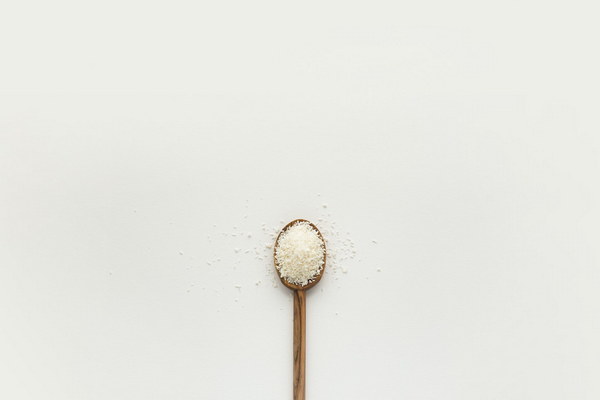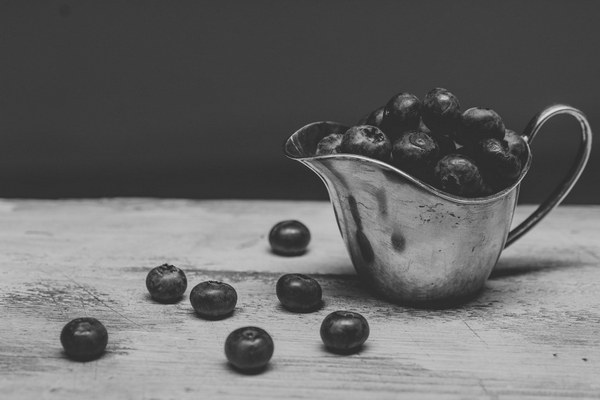Can Folic Acid Really Combat Aging
Folic acid, also known as vitamin B9, has been making waves in the health and wellness community as a potential anti-aging powerhouse. But can this essential nutrient really combat the signs of aging? Let's delve into the science behind folic acid and its potential benefits in the fight against aging.
Firstly, it's important to understand the role of folic acid in the body. Folic acid is crucial for the production and maintenance of new cells, which is why it is often recommended for pregnant women to ensure proper fetal development. But beyond this, folic acid plays a significant role in various bodily functions that could potentially contribute to a healthier, more youthful appearance.
One of the primary reasons folic acid is thought to have anti-aging properties is its role in DNA synthesis and repair. As we age, our cells accumulate damage to their DNA, which can lead to premature aging and an increased risk of diseases like cancer. Folic acid helps to protect against this damage by facilitating the production of new DNA and repairing damaged strands. By doing so, it may help to slow down the aging process and reduce the risk of age-related diseases.

Another potential anti-aging benefit of folic acid is its impact on the skin. Folic acid is involved in the production of collagen, an essential protein that gives skin its elasticity and firmness. As we age, collagen production naturally declines, leading to the formation of wrinkles and sagging skin. By supporting collagen synthesis, folic acid may help to maintain a youthful appearance by reducing the appearance of wrinkles and improving skin texture.
In addition to its role in DNA and collagen production, folic acid may also have anti-inflammatory properties. Chronic inflammation is a key contributor to the aging process, as it can damage cells and tissues, leading to the development of age-related diseases. By reducing inflammation, folic acid may help to combat the aging process from the inside out.
Research on the anti-aging effects of folic acid is still ongoing, but some studies have shown promising results. For example, a study published in the British Journal of Nutrition found that folic acid supplementation was associated with a lower risk of age-related macular degeneration, a common cause of vision loss in older adults. Another study published in the Journal of the American Academy of Dermatology suggested that folic acid may help to improve skin elasticity and reduce the appearance of fine lines and wrinkles.
While the evidence supporting folic acid's anti-aging benefits is growing, it's important to note that more research is needed to fully understand its potential impact. Additionally, it's crucial to obtain folic acid from a balanced diet rather than relying solely on supplements. Folic acid-rich foods include leafy greens, legumes, citrus fruits, and fortified cereals.
In conclusion, folic acid appears to have several potential anti-aging benefits, including its role in DNA repair, collagen production, and inflammation reduction. While more research is needed to fully understand its impact on aging, incorporating folic acid-rich foods into your diet may be a valuable step towards maintaining a youthful appearance and reducing the risk of age-related diseases. So, the next time you're at the grocery store, consider loading up on leafy greens and legumes to give your body the anti-aging boost it needs.









